Control and the Therapeutic Trial —— Rhetoric and Experimentation in Britain, 1918-48
----- 控制和治疗试验:英国的修辞和实验1918-48
How do doctors decide whether their drugs, or other treatments, actually work? In practice this can be fiendishly difficult. Nowadays the gold standard is the randomised controlled trial (RCT). But the RCT is a recent invention, and the story of how it came to dominate therapeutic evaluation from the latter half of the twentieth century involves acrimony, confrontation, and manipulation of the powerful rhetoric of âcontrolâ. Control and the Therapeutic Trial examines the development of the RCT from the eclectic collection of methodologies available to practitioners in the early-twentieth century. In particular, it explores the British Medical Research Councilâs (MRC) exploitation of the term âcontrolledâ to help establish its own âcontrolled trialsâ as the gold standard for therapeutic evaluation, and, ultimately, the MRC itself as the proper authority to adjudicate on therapeutic efficacy. This rhetorical power still clings, and is exploited today. Control and the Therapeutic Trial will be of interest not only to historians of twentieth-century medicine and practising clinicians who take therapeutic decisions, but to anyone who seeks a broader insight into the forces that shaped, and control, the modern controlled trial.
{{comment.content}}
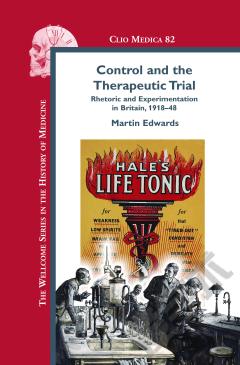
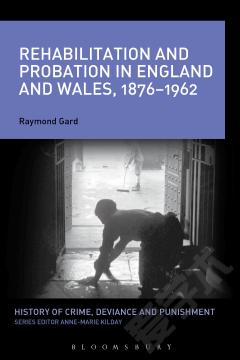
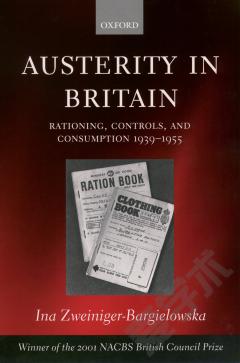
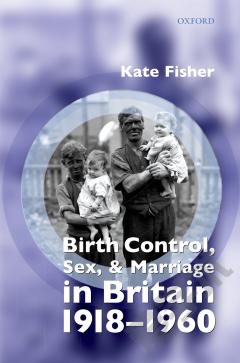

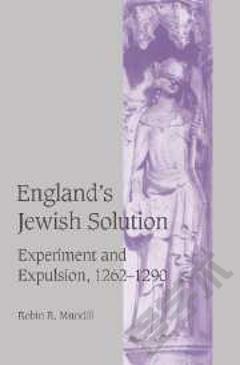
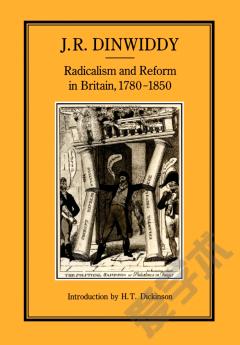

 京公网安备 11010802027623号
京公网安备 11010802027623号